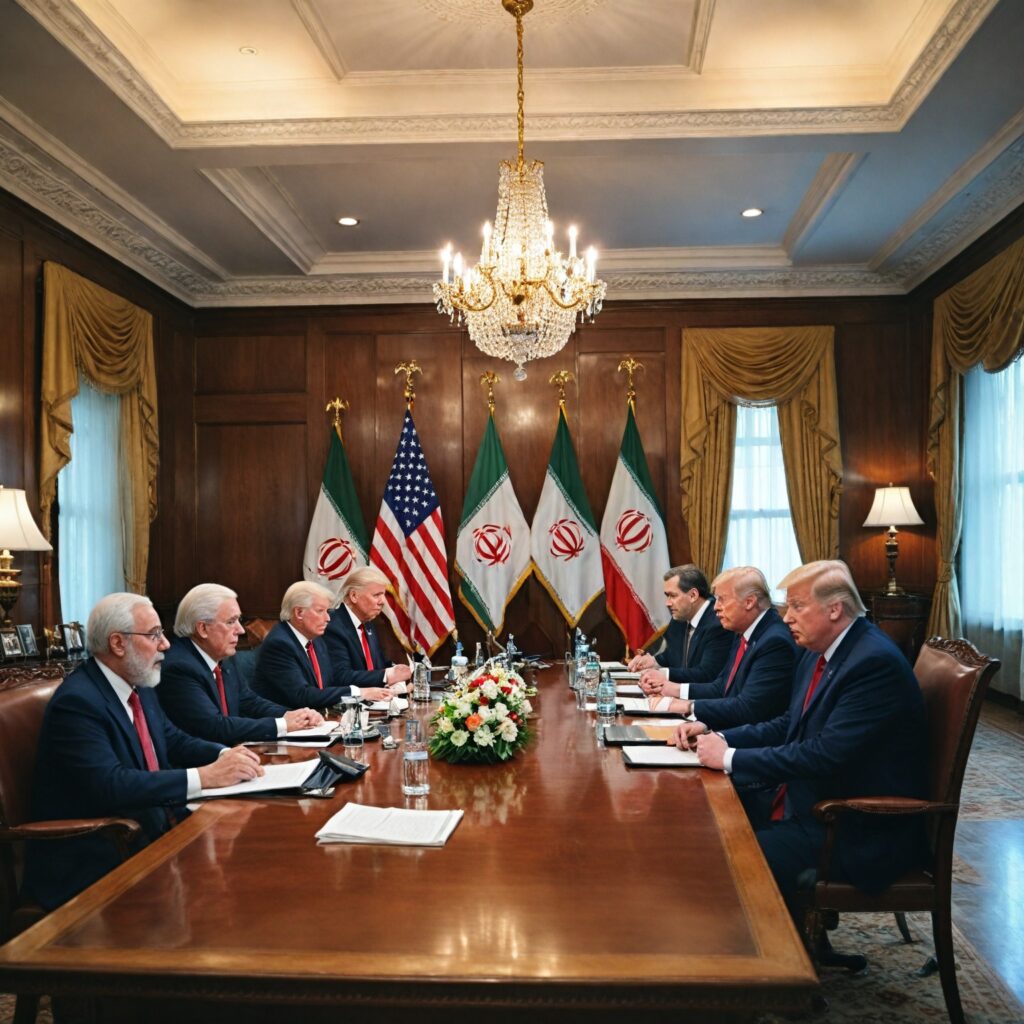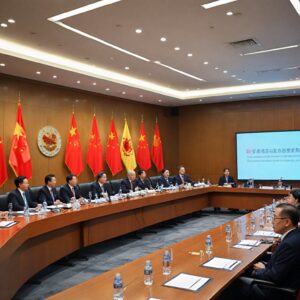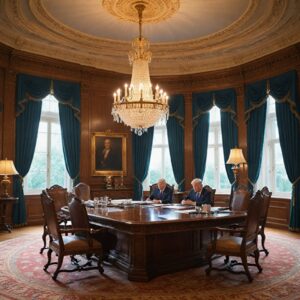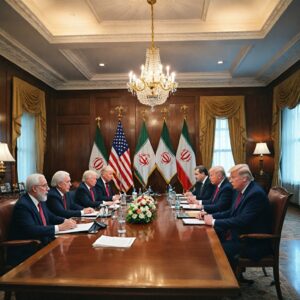
Highlights:
– The Trump administration is considering offering economic incentives to Iran in exchange for halting uranium enrichment.
– The proposal includes releasing frozen Iranian assets and assisting Iran in building a civilian nuclear program.
– President Trump’s potential policy reversal marks a significant shift from withdrawing from the Iran nuclear deal in 2018.
Exploring Potential Economic Incentives for Iran: A Possible Shift in US Policy
The recent discussions within the Trump administration regarding offering economic incentives to Iran in exchange for halting uranium enrichment have sparked significant interest and debate. This potential proposal, as reported by CNN, includes the release of billions of dollars in frozen Iranian assets and providing assistance for developing a civilian nuclear program. If implemented, it would mark a major shift in President Trump’s stance on Iran, especially considering his past decision to withdraw from the Obama-era nuclear deal in 2018.
The significant implications of such a proposal cannot be understated. It opens up a new avenue for diplomatic engagement with Iran and signifies a potential pivot towards a more cooperative approach in addressing the Iranian nuclear program. This move, if pursued further, could have far-reaching consequences on regional stability and international relations, reshaping the dynamics of the longstanding tensions between the US and Iran.
Implications and Future Perspectives
The debate surrounding the possible economic incentives for Iran highlights the complexities of diplomatic negotiations and the delicate balance of power in the region. While the proposal signals a willingness to engage in dialogue and offer concessions, it also raises questions about the effectiveness of such measures in curbing Iran’s nuclear ambitions and addressing broader security concerns. Moreover, the contrasting responses from President Trump and Iranian officials underscore the challenges ahead in reaching a consensus on any potential agreement.
Moving forward, the outcome of these discussions and the willingness of both sides to negotiate in good faith will be crucial in shaping the future trajectory of US-Iran relations. The volatile nature of geopolitics in the Middle East further underscores the need for careful deliberation and strategic decision-making in navigating the complexities of nuclear proliferation and regional stability. As the world watches closely, the next steps taken by the Trump administration and Iran will undoubtedly have ripple effects on global security and diplomatic dynamics.
Conclusion
In conclusion, the exploration of economic incentives for Iran represents a significant development in US foreign policy towards Iran. The potential shift towards diplomatic engagement and negotiations hints at a possible recalibration of strategies in addressing the Iranian nuclear program. As the discussions evolve, it remains to be seen how both parties will navigate the challenges ahead and whether a mutually beneficial agreement can be reached. The outcome of these deliberations holds critical implications for regional stability and international security. How do you perceive the impact of economic incentives on diplomatic negotiations with Iran? What challenges do you foresee in reaching a consensus on this proposal? How might this potential policy shift influence broader geopolitical dynamics in the Middle East?
Editorial content by Avery Redwood



















